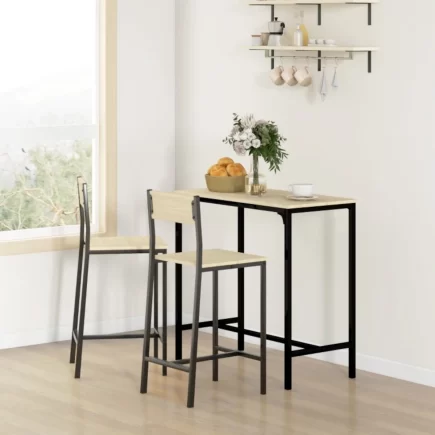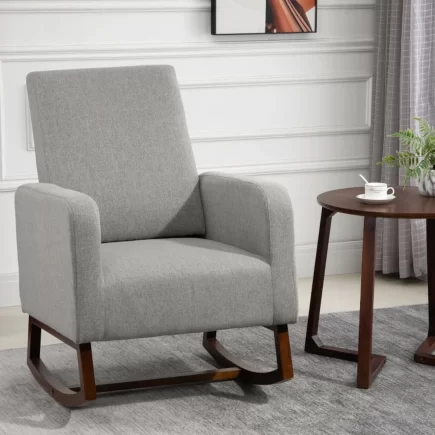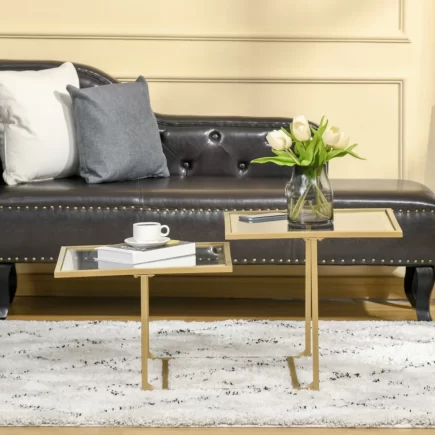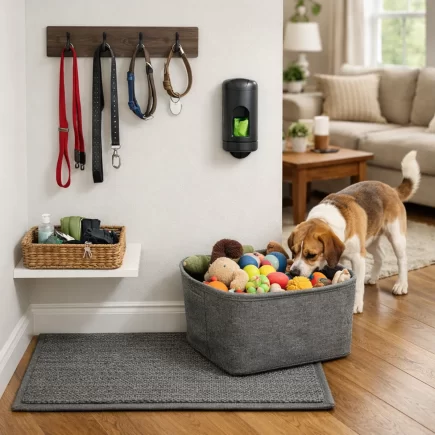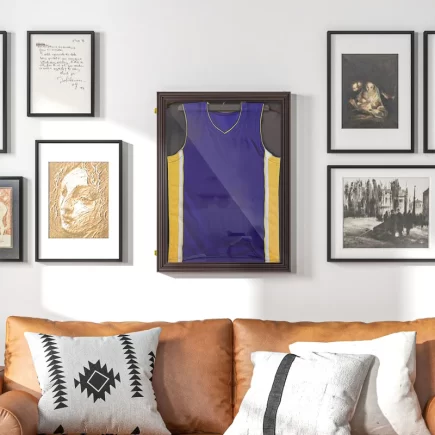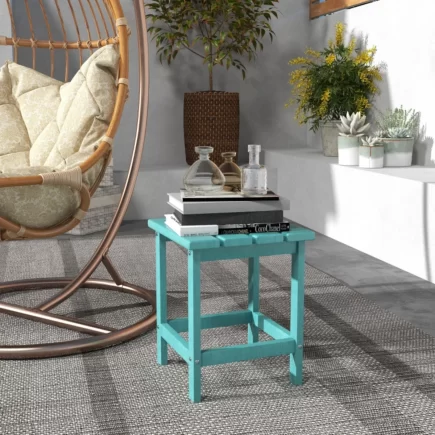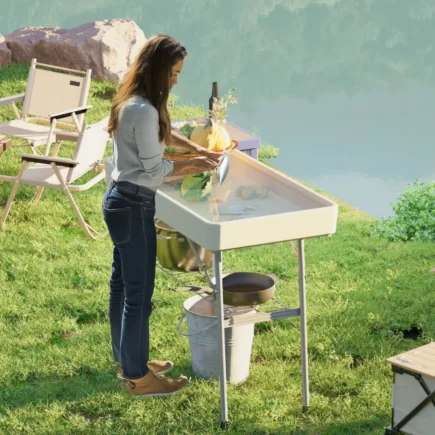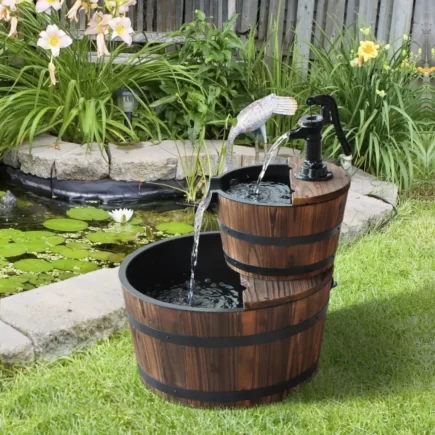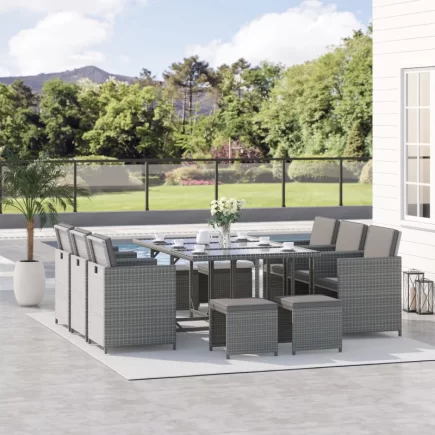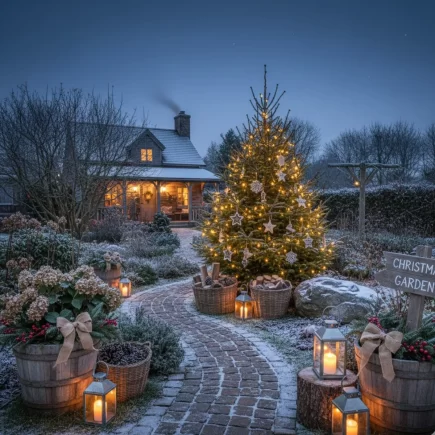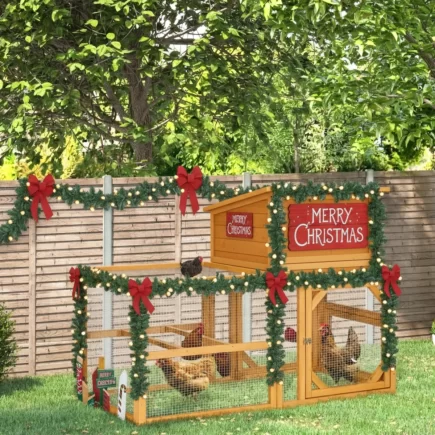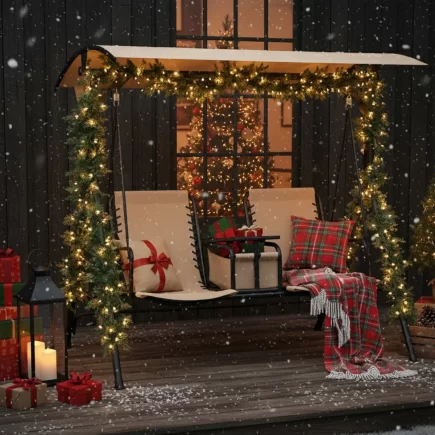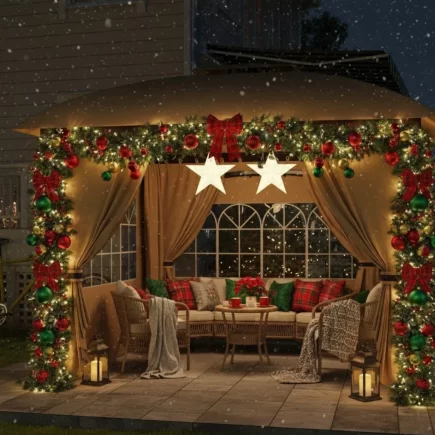
Choosing a dining table isn’t just about style, it’s about space, function, and how your household lives every day. From casual breakfasts to formal dinners, your dining table becomes the center of connection. That’s why understanding the different types of dining tables can help you make a choice that looks great, fits your layout, and lasts for years to come.
1. Retro Rectangular Stretch Dining Table with Storage Box

Retro Rectangular Stretch design is a smart blend of vintage style and modern-day functionality. Its stretch feature means you can extend it when you need more space like hosting guests and tuck it back in for everyday use. What makes it unique is the built-in storage box, ideal for keeping placemats, utensils, or seasonal decor.
Pros
- Extendable for extra guests
- Built-in storage reduces clutter
- Classic rectangular shape fits most layouts
Cons
- Requires space to extend fully
- May feel bulky in very small rooms
Key Features
- Retro-inspired style
- Stretch function for flexibility
- Hidden storage box for essentials
2. Folding Round Drop Leaf Dining Table for Compact Spaces

When space is limited, a Folding Drop-Leaf Design is a game-changer. This table folds down to save space and opens up when you need it. The round shape keeps it fluid and open, ideal for small kitchens, breakfast nooks, or studio apartments.
Pros
- Space-saving with foldable sides
- Lightweight and portable
- Round shape promotes conversation
Cons
- Not ideal for large families
- Less sturdy than fixed tables
Key Features
- Drop-leaf design for size adjustment
- Compact and renter-friendly
- Easy to move around small spaces
3. Modern Square Dining Table: Clean Lines and Balance

Square Table delivers a modern, symmetrical look that fits beautifully into compact or square-shaped rooms. With equal sides, everyone at the table feels connected.
Best For: Couples or small families who love modern simplicity.
Pros
- Perfect symmetry and balance
- Creates intimacy for small groups
- Stylish modern aesthetic
Cons
- Not ideal for large gatherings
- Limited seating capacity
Key Features
- Clean, minimal design
- Suits square-shaped rooms
- Works well with 2–4 chairs
4. Extendable Farmhouse Dining Table: For Growing Families

If your dining needs change throughout the week, an Extendable Farmhouse Table is your best friend. This farmhouse-inspired version combines rustic style with built-in flexibility. Keep it small during the week and extend it for weekend dinners or holidays.
Best For: Families, entertainers, and traditional-style homes.
Pros
- Expandable for family gatherings
- Warm, rustic charm
- Strong, durable build
Cons
- Requires more space when fully extended
- Heavy to move
Key Features
- Farmhouse-inspired style
- Extendable leaf or panels
- Sturdy wood frame
5. Round Dining Table with Metal Base: Urban Compact Living

Combining a Circular Tabletop with a modern metal pedestal base, this type of dining table brings a light, open feel to any space. It’s perfect for seating 2 to 4 people without cluttering your room.
Best For: City apartments, breakfast corners, or modern open-concept kitchens.
Pros
- Saves space in compact areas
- Pedestal base adds legroom
- Sleek, modern style
Cons
- Limited seating capacity
- Can feel unstable if lightweight
Key Features
- Circular wooden top
- Metal pedestal base
- Fits 2–4 diners comfortably
6. Cross Leg Round Dining Table: Design Meets Stability

Cross-leg Dining Table adds a sculptural look to your space. The round top offers intimacy, while the unique leg structure adds both support and flair.
Best For: Artistic, modern, or transitional homes.
Pros
- Artistic, sculptural base
- Stable and sturdy structure
- Easy flow around the table
Cons
- Cross legs may limit legroom
- Best for medium-sized rooms
Key Features
- Unique cross-leg design
- Round top for intimacy
- Blend of style and practicality
7. Rustic Dining Table: Natural, Textured, and Inviting

Rustic Dining Table embraces natural materials, earthy tones, and visible wood grain. They often feature thick tops and industrial or metal legs. This type brings warmth and timeless appeal into your dining space.
Best For: Farmhouse, industrial, or nature-inspired interiors.
Pros
- Warm, natural look
- Hides scratches with textured finish
- Pairs well with benches
Cons
- Can feel heavy or bulky
- Requires wood maintenance (polish/oil)
Key Features
- Visible wood grain
- Thick wood or industrial base
- Earthy, nature-inspired tones
Materials Comparison: Wood, Metal, Hybrid
Material plays a crucial role in how your dining table looks, lasts, and functions. Here’s a breakdown:
| Material | Pros | Cons | Best For |
| Wood | Warm, timeless, repairable | Can scratch or warp if untreated | Traditional and rustic settings |
| Metal | Durable, sleek, low maintenance | Can be cold, industrial-looking | Modern, urban, or industrial homes |
| Hybrid | Mix of materials adds balance | May vary in quality or finish | Transitional and versatile spaces |
Helpful Tip: Hybrid tables (wood top + metal base) are becoming increasingly popular for blending style and durability.
Matching Your Dining Needs to the Right Table
Dining Tables do more than hold your meals they reflect your home’s heart and style. Whether you’re decorating a downtown apartment, upgrading your family dining room, or outfitting an outdoor patio, choosing the right type of table makes all the difference.
FAQs
1. Are certain table types better for open-concept homes?
Yes. Round or pedestal-base tables work especially well in open-concept layouts because they provide visual softness and allow traffic to flow freely around them.
2. Can I use an indoor dining table outdoors with a cover?
It’s not recommended. Indoor tables aren’t treated for moisture, UV exposure, or temperature swings. Even with a cover, warping or rusting can occur over time.
3. What dining table shape is best for maximizing seating in a small area?
A rectangular or oval table with bench seating can often accommodate more people without requiring additional room for chair clearance.

